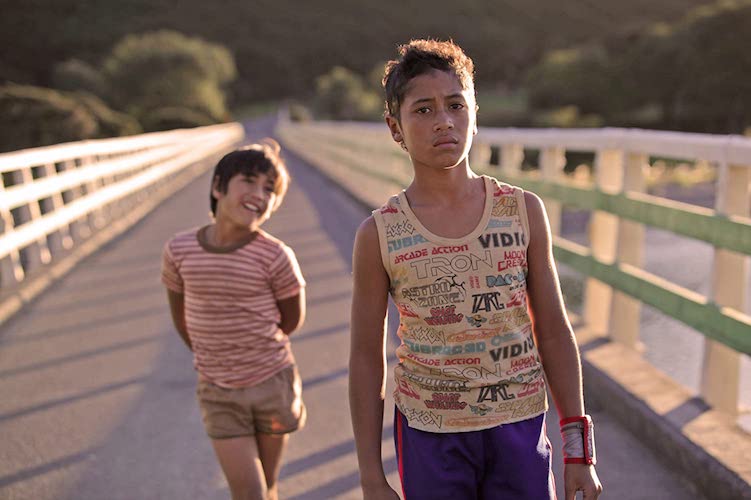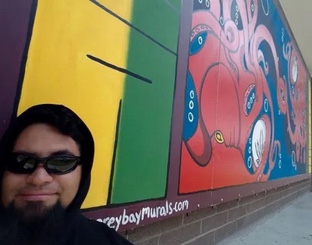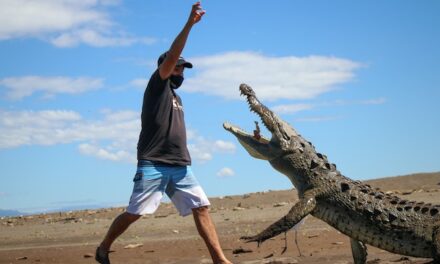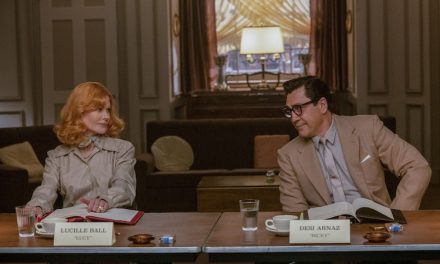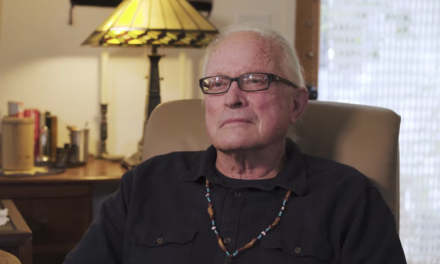
Before winning an Oscar for Jojo Rabbit, and before breathing new life into MCU’s withering Thor franchise, Taika Waititi was New Zealand’s most popular and successful filmmaker. Two of his homegrown films, 2016’s Hunt for the Wilderpeople and 2014’s What We Do in the Shadows, became international cult hits. But one of his lesser-known films, and one that deserves to be discovered by a wider audience, is his 2010 coming-of-age comedy, Boy.
Boy is Taiki Waititi’s second feature and the first that he wrote and directed entirely on his own after collaborating on his first film, Eagle vs Shark, with his friend and fellow Kiwi, Jemaine Clemente. Infused with Waititi’s distinctive humor and warmth, Boy tells the story of an impoverished 11-year-old Maori boy known simply as Boy. Taking place in 1984 along the east coast of New Zealand, we’re first introduced to Boy as he gives a “Who am I?” presentation to his classmates. As his teacher half-listens from the back of the room, apathetically squeezing in a quick cigarette, Boy gives a rundown of his life; he loves Michael Jackson; he lives with his grandma, his 6-year-old brother, and five cousins on a small farm; his long-absent father, Alamein, has supposedly gone away to do “important stuff.” And the way Boy tells it, Alamein’s rugby and deep-sea treasure hunting skills are second only to his record-holding ability to punch out the most attackers with just one hand. It’s a comical and poignant reversal of Walter Mitty – Boy’s wish fulfillment fantasies insulate him from the sad reality that his father is actually in prison for robbery.
Alamein, a role that Waititi cast himself to fill, unexpectedly returns home a few days later, and not just for a family visit. Buried somewhere nearby is some stolen money but he can’t remember exactly where. Buried even deeper are his feelings of inadequacy and grief. Alamein fancies himself as the badass leader of his misfit gang, the Crazy Horses – all of three members strong, counting himself – but it’s obvious to anyone not 11-years-old that hiding behind the bravado façade is a wounded soul. A pattern of characters using self-delusion as a coping mechanism begins to emerge. Even Rocky, Boy’s withdrawn little brother, clings to the belief that he has superpowers in order to ease the sorrow of losing his mother during birth. The hilarious contrasts and inevitable conflict between reality and Boy’s idealized view of his father form the bedrock of the story.
Those only familiar with the broad characterizations Waititi brought to his later roles, such as the man-child version of Hitler in Jojo Rabbit or the effete vampire in What We Do in the Shadows, might be pleasantly surprised by his portrayal of Alamein. Waititi’s deft acting and comedy skills straddle the line between ironically funny and lovably pathetic. And he’s astonishingly good at casting non-professional child actors and directing them to pitch-perfect performances; James Rolleston as Boy and Te Aho Eketone-Whitu as Rocky are both naturalistic and completely free of the annoying precociousness all too common among child actors.
Taiki Waititi is an extraordinarily gifted artist and storyteller. Considering his use of autobiographical elements – it was shot in his hometown, and a few scenes use the actual kitchen of his childhood home – Boy is arguably his most personal film to date. It’s also one of his best!
For KSQD’s Film Gang, this is Paul Kanieski

